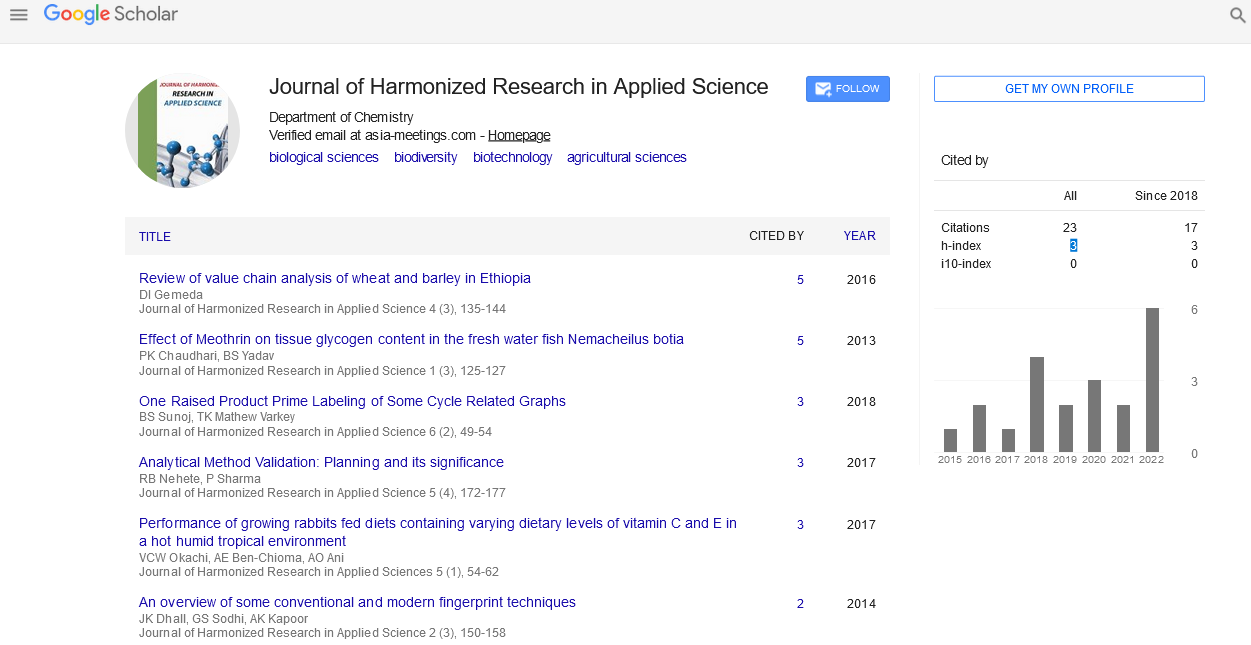EFFECTS OF NEUTRALIZATION AND BLEACHING PROCESS ON FATTY ACID AND TRIGLYCERIDE COMPOSITIONS OF POMACE-OLIVE OIL
Abstract
Author(s): Kamel Essid*, Wafa Jahouach-Rabai, Mahmoud Trabelsi and Mohamed Hédi Frikha
Abstract This work is a contribution to the study of the refining process, especially the neutralization and the bleaching steps, which are very important stages in the refining process of vegetable oils. The results of the different analyses by chromatographic methods (CPG and HPLC) and a theoretical calculation, bearing on the distribution of the fatty acids on the internal and external positions of glycerol, enabled us to put in a prominent position the effects of neutralizing as well as bleaching on the physicochemical properties of treated oils. It was shown that activated Tunisian clays are characterized by a very important adsorptive capacity, comparable to that of commercial clays. Also, the physicochemical stability of bleached oils was studied. The fatty acid and triacylglycerol compositions allowed us to conclude that oils, neutralized with soda and bleached with the Tunisian activated clays, do not undergo considerable physicochemical alterations and remain corresponding to the international standards for refined oils for human consumption. Keywords: Pomace-olive oil, Neutralization, Activated clays; bleaching process; fatty acids, triacylglycerols.










